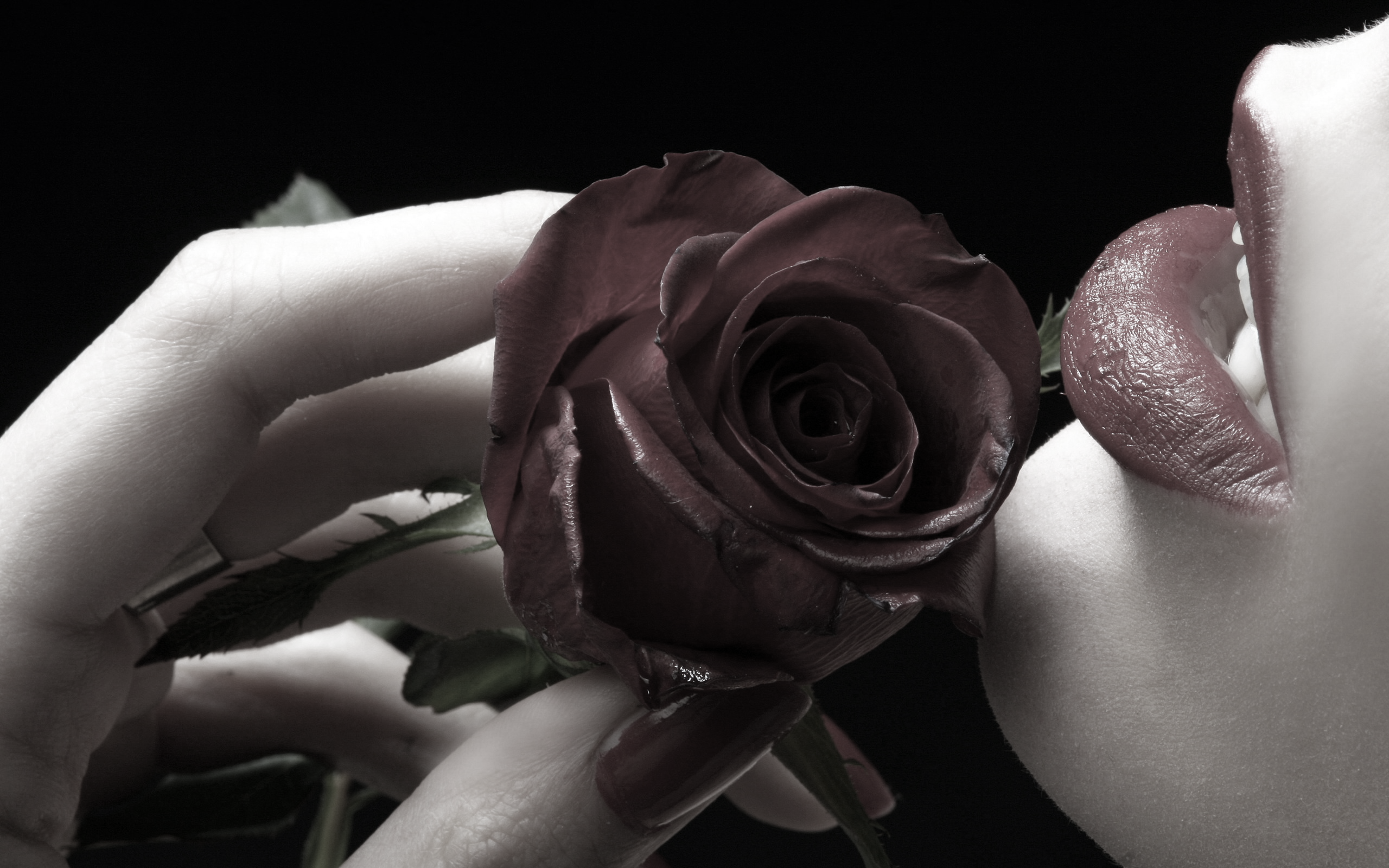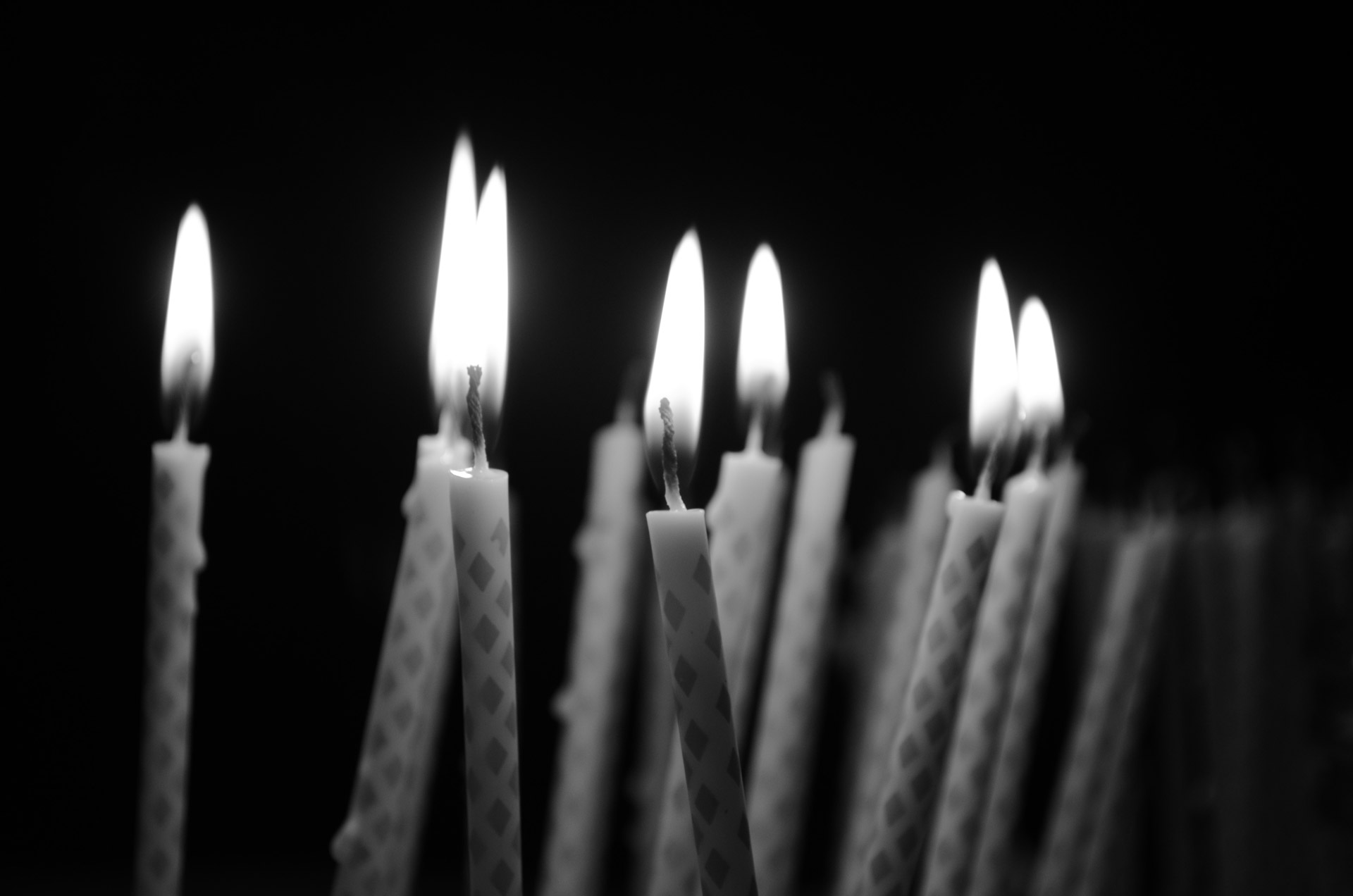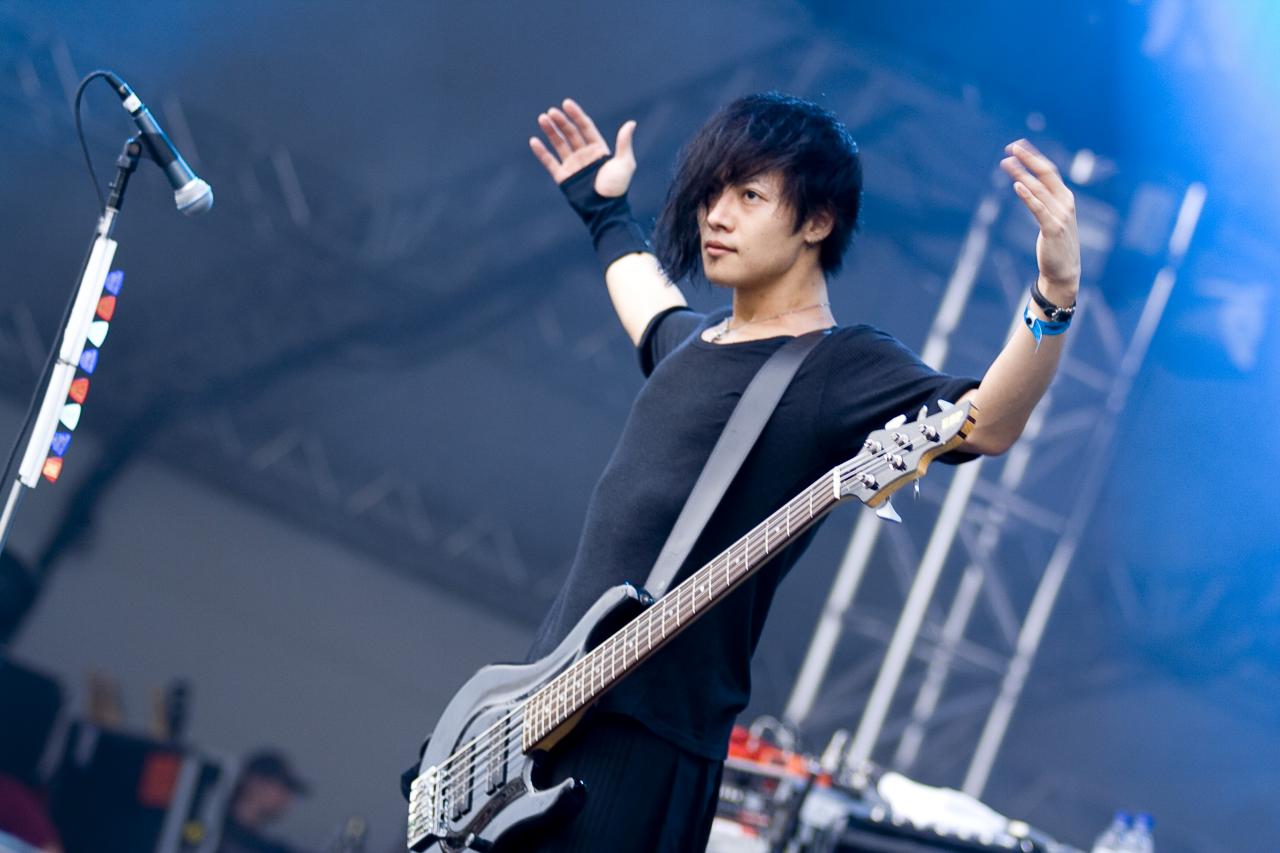by B.E. Scully:
At first he hadn’t noticed the source of the bright crimson drops splattering the snow and then seeping outward through the first slush of spring. He had been too surprised to find this shock of life here amidst the ashen air that still permanently filtered the sun, the endless backdrop of abandoned shacks and rotting heaps of debris. So it took a moment before he fully absorbed the severed sow’s head skewered on a stake: eyes alive with crawling flies, snout pointing up toward the sky like a helpful direction sign. Or maybe like a threat, considering the setting. Like everyone else, Agent Bodashka had heard the tall tales about the renegades willing to risk their lives in order to salvage an old toilet or engine or forgotten set of china, but like everyone else, he’d always thought they were just that—tall tales. But then again, that head hadn’t put itself on a stake.
He had been in the Exclusion Zone for over two weeks now, and already his only wish in the world was to be back with his wife and mother. Right now they were probably in the kitchen of what no longer seemed like such a small and shabby apartment, cooking up a huge pot of goulash. He closed his eyes and breathed deeply, but instead of simmering vegetables and tenderized meat, the only thing that filled his nostrils was the acrid smell of chemicals in competition with the stench of rotting flesh.
“Did you know that if you drain and dry it proper, you can make use of every part of a pig’s head? I’m guessing you didn’t know, being a city fellow and all.”
By the time Agent Bodashka swung around and saw the old woman who could not, in fact, exist, he had already let loose a thin stream of urine. Forgetting his manners, he let out a much thicker stream of obscenities; it had taken him almost a month to master pissing and shitting through those damn filtered “waste management cones,” and now his chemical suit had ended up soiled anyway. And no hope of changing it until he’d reported back to the agency, either.
The old woman came right up to him, peering suspiciously into the lens of his protective hood, and even then he could not believe his eyes. The last resident had been evacuated from the Yakiva province over fifteen years ago. The entire region had been quarantined, and until some over-zealous bureaucrat had gotten the bright idea that maybe it was time to send some poor fool like Agent Bodashka in to test the water and soil levels, no human being had set foot in the Exclusion Zone since then. And yet there she was, a woman so wizened and grizzled that fixing her with a numerical age was as irrelevant as the threadbare babushka holding back a frizzle of white hair, most of which appeared to have evacuated with the rest of the residents.
Along with letting go of his urine, Agent Bodashka had dropped his equipment on the ground, and the old woman stooped to retrieve it.
“Don’t touch that!” He reached out his hand, then drew it back again, unsure how to proceed. The voice of his supervisor had never really left his head from the minute he’d received this cursed assignment, and now it was shrieking at a fever pitch: Never forget that the contaminants are everywhere, Bodashka. They are the silent, invisible enemy, but they will kill you as surely as a flesh and blood opponent. Only not so mercifully.
The old woman was laughing now. “You can take off your space suit, sonny. This isn’t the Moon, you know.”
“But this entire area is contaminated! Human life cannot be sustained! How—” Agent Bodashka checked himself and struck what he hoped was an official pose. Never mind the wetness beginning to seep through the left leg of his chem suit.
“By official order of the government, this region has been declared an Exclusion Zone. No citizen is permitted to trespass within ten kilometers of the borders, nor attempt to remove any objects, wildlife, or—”
“My people are from Taras, about three kilometers from Number Five, just over that ridge you see there.”
The old woman pointed across the horizon and then produced a flask of vodka from her thick layer of skirts. She took a long swallow and held it out to him. When he shook his head, she shrugged and took another swallow before the flask disappeared back into the skirts.
Agent Bodashka spoke slowly now, as if talking to an idiot. “Reactor Five was the epicenter of the entire…mishap. I was there for the evacuations; no one was left behind–not one man, woman, or child. No one! Taras is a ghost town, entirely uninhabitable, and shall remain so for at least another one-hundred and fifty years, by order of the government—”
“Oh, don’t feel bad about your government, sonny. They got us all out, just like you say. Every man, woman, and child. At least what was left of the men. Only thing is, some of us came back.”
And before Agent Bodashka had the chance to tell the old woman that she could not, in fact, exist, a hard blow came to the back of his head. He fell to his knees and rolled over onto his back, and the last thing he saw was the sow’s head, its rictus grin snout pointing maniacally at the sky.
“But what are we gonna do, Ionna Katrya? What are we gonna do?”
“Maria Vitosh Tislenko! I know what I’m gonna do with you if you don’t stop pacing my floor like a drunken buzzard! You’re making me seasick in my own living room.”
“Shhhhhh, he’s waking up! He’s waking up!”
Agent Bodashka peeled one eye open and stared stupidly at the circle of wizened faces surrounding him. The rich odor of goulash filled the tiny room, and for one crazy moment he thought that his wish had come true—that he was back in his own home with his wife and mother, about to sit down to a hot meal. But this soot-stained shack wasn’t his house, and these shabby, malformed crones certainly were not his mother, let alone his wife. And if he needed any further proof of that, the expertly tied ropes binding his arms and legs to the chair he was sitting on would do.
He shook his head and tried to clear his mind. The agency had warned him about possible exposure sickness, how it could mess with a person’s head, make him see or hear things that weren’t really there. And smell things, too, like simmering vegetables and tenderized meat.
In a great blast of panic he realized that the old fools had removed the protective head gear from his chem suit.
“My mask! What have you done with my mask?”
“Don’t worry, sonny, the air might look foul and smell even worse, but it hasn’t killed us yet. And tell your nose it can stop its sniffing–there’s plenty of that goulash to go around. The sow that you met there outside was kind enough to donate the rest of himself to our little feast.”
“Eating any meat or animal product from the Exclusion Zone is strictly forbidden. It’s a government order, as I’m sure you’re aware. According to regulation eleven-point-five of the Safe Food and Water Act—”
“A body can’t live on a regulation, sonny.”
Agent Bodashka paused. It was hard to argue with that, and the goulash did smell delicious, especially after weeks of nothing but sterile packets of dehydrated rations.
One of the crones leaned toward him, and Agent Bodashka tried not to stare at the fleshy protrusion on the right side of her neck. A goiter or tumor, perhaps; not surprising, all things considered…but the effects of the exposure must really be worsening now, because Agent Bodashka could have sworn that he saw the thing moving, like a fat, white worm…
The White-Worm leaned closer. “What’s your name, young man?”
“My name is Chief Agent Bodashka from the—”
“Pashk, I mean your Christian name, boy! The one your own mammy called you when she bounced you on her knee. I’m old enough to be your mammy twice over, after all.”
Agent Bodashka decided to let it pass that this was statistically impossible. “My name is Mikhaila Osip Bodashka.”
“Ah, Mikhaila—an old name. Means ‘Who is like God?’ When I was a little girl I could never quite figure that one out, the way it wasn’t meant to be a statement. Not ‘Who is like God,’ but a question. ‘Who is like God?’ Have you ever figured out the answer, boy?”
The women laughed and slapped their thick, sturdy thighs. The one with the babushka, whom the others had called Ionna Katrya, nudged White-Worm in the side.
“Tell Chief Agent Mikhaila your Christian name. Go on, go on!”
White-Worm smiled a toothless worm-smile and stared at him with watery, faded eyes. “My mother chose my Christian name: Nastasiya. Do you know what it means, boy?”
Agent Bodashka shook his head. Despite the frigid air and drafty walls, he felt sweat stinging his eyes and dampening the back of his now-useless chem suit.
“It means ‘Of the Resurrection.’”
One of the women went to an ancient looking samovar in the corner and began carefully pouring tea into each of the crones’ chipped and broken tea cups.
“Sorry we can’t offer you any, young man, but we can’t grow this on our own just yet. Have to make it last.”
“The main thing is pig fat and vodka, though,” Ionna Katrya broke in. “And both of those we can do.”
She bent her head to sip the steaming tea and Agent Bodashka thought he saw the fabric of the babushka ripple and seethe. He strained his eyes harder in the hazy light, but the babushka was still. He twisted his hands beneath the ropes, which might as well have been steel bands.
“Pigs are meaner out here now, though,” one of the crones was saying. “Meaner and tougher, like everything else that wants to survive. Meat’s not so soft and tender like you’re probably used to.”
“And we haven’t even tried to catch the wolves yet.”
“Damn wolves are always eating up the pigs, too.”
Ionna Katrya eyed him and the babushka rippled again. “Survival. It always comes down to food, don’t you think, Chief Agent Mikhaila?”
She nodded to a withered apple of a woman sitting quietly in the corner. “See Neva Olena Vitoshka over there? She comes from Yarva, along the eastern border. Way before you were born, the government wanted to force the peasants off of their own land and into the factories. But the peasants in Yarva wouldn’t budge. Eventually, the great men who decide such things came up with a plan to starve them off the land. Livestock and grain were seized, food rations were cut, and millions were left to a slow and agonizing death. Many families survived by slaughtering one child at a time in order to save the others. You get my meaning, Chief Agent Mikhaila? Naturally, the youngest daughter was the first chosen.”
Ionna Katrya sat back in her chair and closed her eyes. Agent Bodashka thought that she had stopped telling the story in order to spare her friend’s feelings, but when he glanced into the corner, the withered apple face had cracked open into a rotten grin.
“Neva Olena Vitoshka was the only daughter among thirteen sons. But some daughters are cleverer than others. Some know the dangerous plants of the forest, and just how much to add to the tea of an already weakened child. Neva Olena Vitoshka survived the Great Famine, just as we have survived here.”
Agent Bodashka’s mouth had gone dry, and he struggled to get the words past his throat. “But why won’t you leave here? The government gave everyone the best living quarters, a pension…”
“Oh, we tried to leave, Chief Agent Mikhaila. We packed up our linen and our kin and our memories and we scattered to the wind like frightened geese. But it’s not so easy for the old. Our children could get jobs and learn to drive shiny automobiles and drink vodka in fancy cafes, but we were too old to learn new ways. After a while, we became an embarrassment, a nuisance, and then after a while longer, we were forgotten. But some of us remembered the old ways, the old places. And some of us began to return–just a few at first, and then others. We learned to work together, to grow or hunt whatever we needed. To survive.”
“But where are the men?”
More ringing laughter, more slapping of thighs. “Since you were there, you may remember, Chief Agent Mikhaila, that the great government of yours was not so eager to evacuate the men. At least not until they had finished the work that no one else would do—to shut off the valves and drain the lakes and mop up the poison because they wanted to save their homeland even if no one else did. By the time they finally came to us, their teeth were already falling out of their mouths and their bones were already aching day and night with the sickness. But we have learned not to miss the men too much.”
“We would miss the vodka more!”
“And some of us preferred the vodka even before the men were gone!”
` The laughter filled Agent Bodashka’s ears and the blackened walls and wizened faces began to blur before his eyes. Ionna Katrya loomed in front of him, her babushka now pulsing with life.
“Our menfolk would not want us any more anyway, Chief Agent Mikhaila. Like the wolves and wild pigs, we too have become tough and mean. You see, survival sometimes changes a person. Changes her into something new; something fierce and terrible.”
“And with a fierce and terrible new hunger, too,” Neva Olena Vitoshka said, rising from the corner for the first time.
“My report is expected by the end of the month!” Agent Bodashka was screaming now, his parched throat forgotten. “They will send others to find me!”
“Maybe so,” Ionna Katrya said, nodding with the wisdom of very old age. “Maybe so. But it may take a long, long time, eh, sonny? After all, there are no fancy phones or cars or agencies around here anymore—not much of anything around here anymore, in fact. Except us, that is. It’s a government order, as I’m sure you’re aware: nothing goes in, and nothing comes out. Funny thing I just thought of, Chief Agent Mikhaila! Do you know what my Christian name means? God’s gift! Who is like God, Chief Agent Mikhaila? Who is like God?”
The laughter engulfed him first, and in an instant the old women followed, dragging him from the house in one furious tidal wave of motion. The last thing Agent Bodashka saw as his blood splattered the snow and then seeped outward through the first slush of spring was the sow’s head, pointing upward in what he now knew was both a direction sign and a warning all in one.
B.E. Scully lives in the woods of Oregon with a variety of human and animal companions. She is the author of the critically acclaimed Gothic novel Verland: The Transformation; other published work, interviews, and odd scribblings can be found at bescully.com.


![The Jumper [Short Fiction]](https://darkmediaonline.com/wp-content/uploads/2013/01/ecstaticist-bridge-ipad-wallpaper.jpg)
![West Forest [Short Fiction]](https://darkmediaonline.com/wp-content/uploads/2013/01/black-and-white-forest-wallpaper.jpg)












Comments are closed.